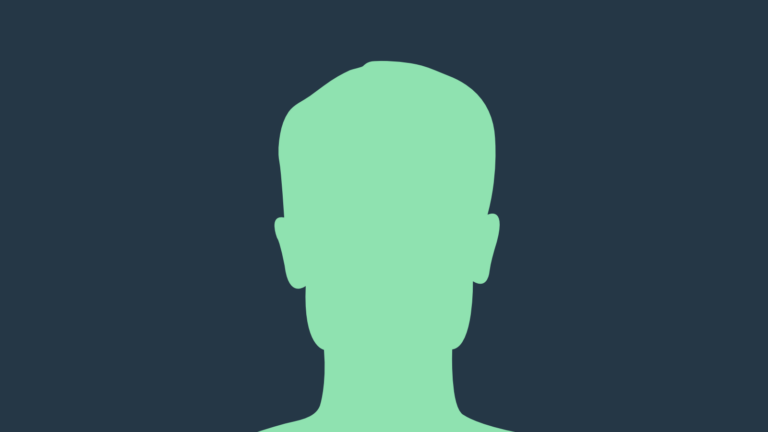Spina Bifida Awareness Week provides us with the opportunity to better understand this condition and support people living with it. During the week, Shine, the hydrocephalus and spina bifida charity, is has hosted a series of webinars sharing insights and information about the condition.
Dangers of pressure sores
Pressure sores are skin injuries that occur when blood flow to an area of skin is restricted for too long. This can happen when a person remains in the same position for extended periods, particularly if they have limited mobility or are unable to shift their weight. People with spina bifida are at a higher risk of developing pressure sores due to several factors:
- Reduced sensation: Spina bifida can cause numbness or decreased sensation in parts of the body, making it difficult to notice or feel the early signs of a pressure sore.
- Limited mobility: People with spina bifida may have limited mobility, which can increase the pressure on certain areas of the skin, especially when sitting or lying down for extended periods.
- Muscle weakness: Weak muscles can contribute to pressure sores by making it difficult to shift positions or relieve pressure on the skin.
- Skin dryness: Dry skin can be more prone to damage, including pressure sores.
- Incontinence: People with spina bifida may have incontinence issues, which can lead to skin irritation and increased risk of infection.
The dangers of pressure sores include:
- Infection: Pressure sores can become infected, which can lead to serious health complications, including sepsis.
- Pain: Pressure sores can be very painful, affecting a person’s quality of life. An infected pressure sore is not easy to heal and can remain painful for a long time.
- Tissue damage: If left untreated, pressure sores can lead to tissue damage and even bone infection.
When is pressure sore treatment negligent?
Preventing pressure sores is crucial for people with spina bifida. Regular skin checks, frequent position changes, and the use of pressure-relieving cushions and mattresses can help reduce the risk of these complications.
It is important that medical professionals, especially in residential settings, where patients are staying in hospital or GPs doing home visits, check for pressure sores often to avoid them altogether or at least prevent them from getting infected. Infected pressure sores can quickly become septic putting the life of the patient at risk and in some cases leading to amputations.
Medical negligence occurs when a healthcare provider fails to provide the standard of care expected of a reasonable professional in the same field, leading to harm to the patient.
When it comes to pressure sores, medical professionals are expected to enable patients to take measures to prevent them but also recognise them even if they are still at early stages. Failing to identify or diagnose a pressure sore and allowing it to grow or get infected can be negligent if the delay results in significant worsening of the sore or complications like contracting a serious infection like sepsis.
How can we help?
At Enable Law, we have decades of experience supporting people who have suffered injury because of the actions or negligence of medical professionals. If you have concerns about the care you or one of your loved ones have received, we are here to help. All initial conversations are free with no obligation and aim to help you understand what may have happened. Give us a call on 0800 044 8488 or please fill in our contact form below.














